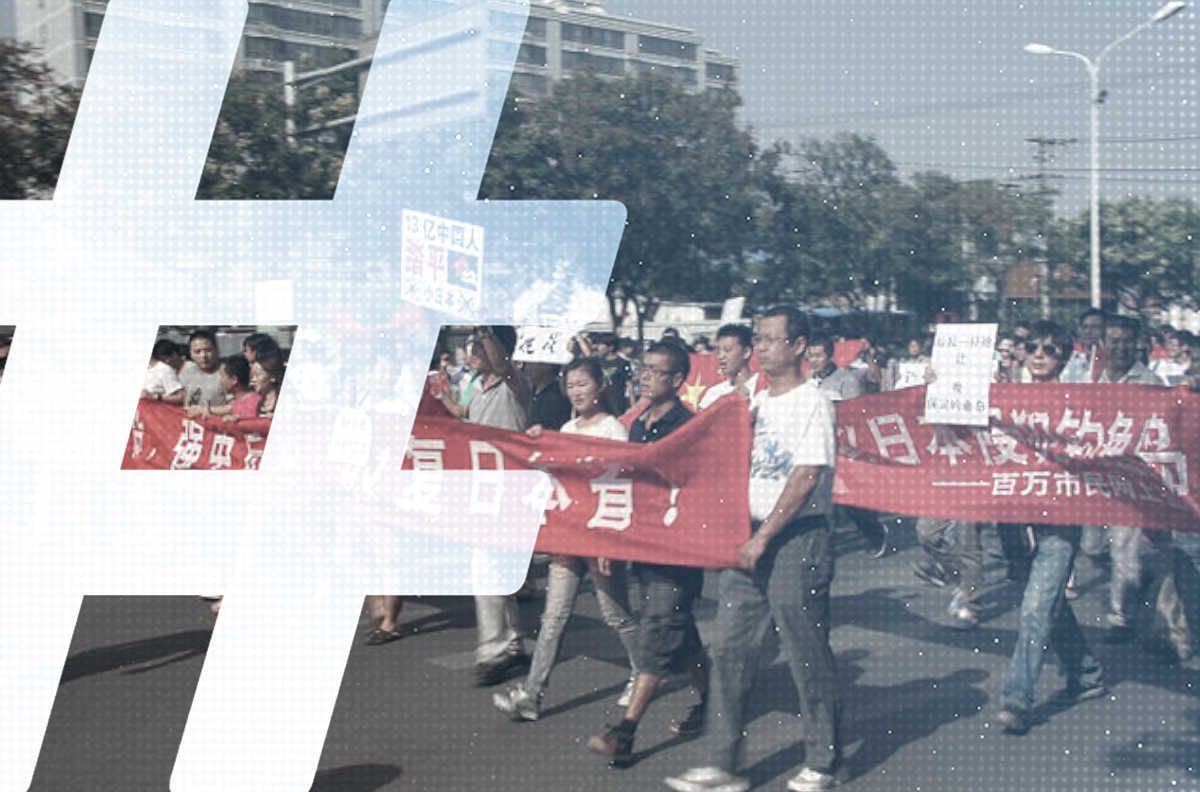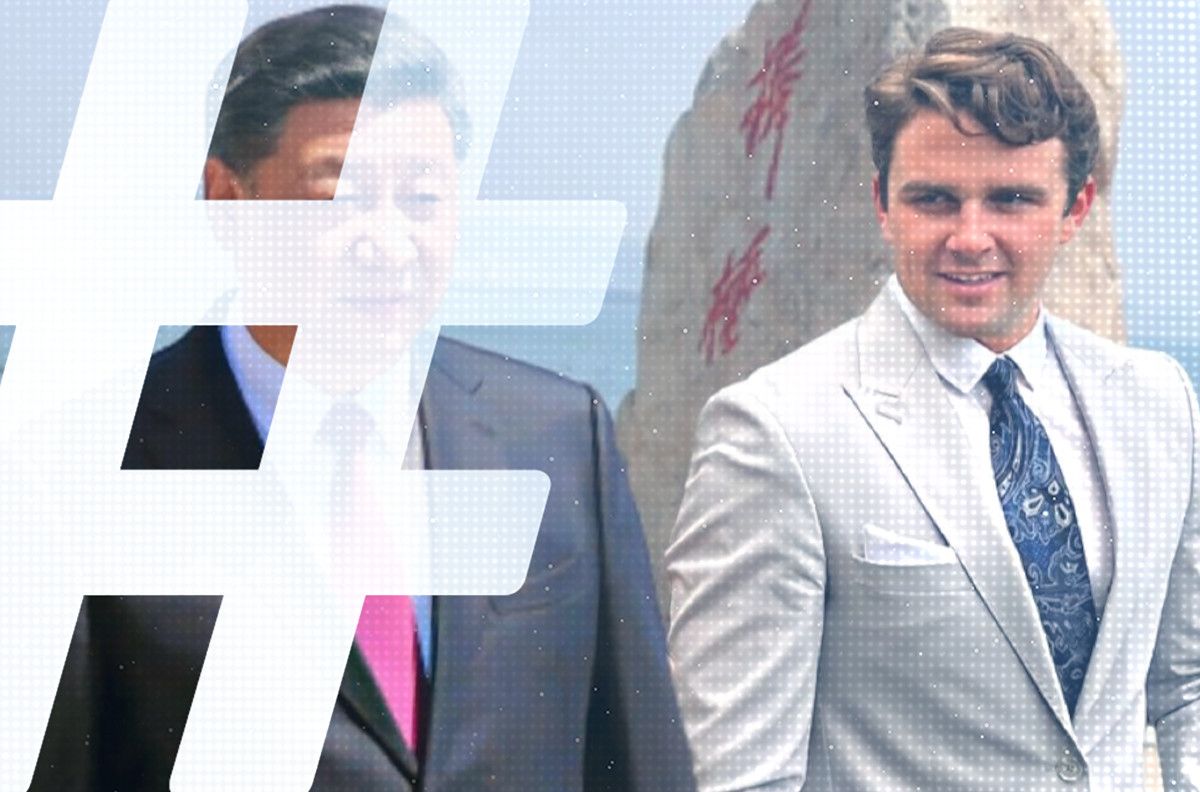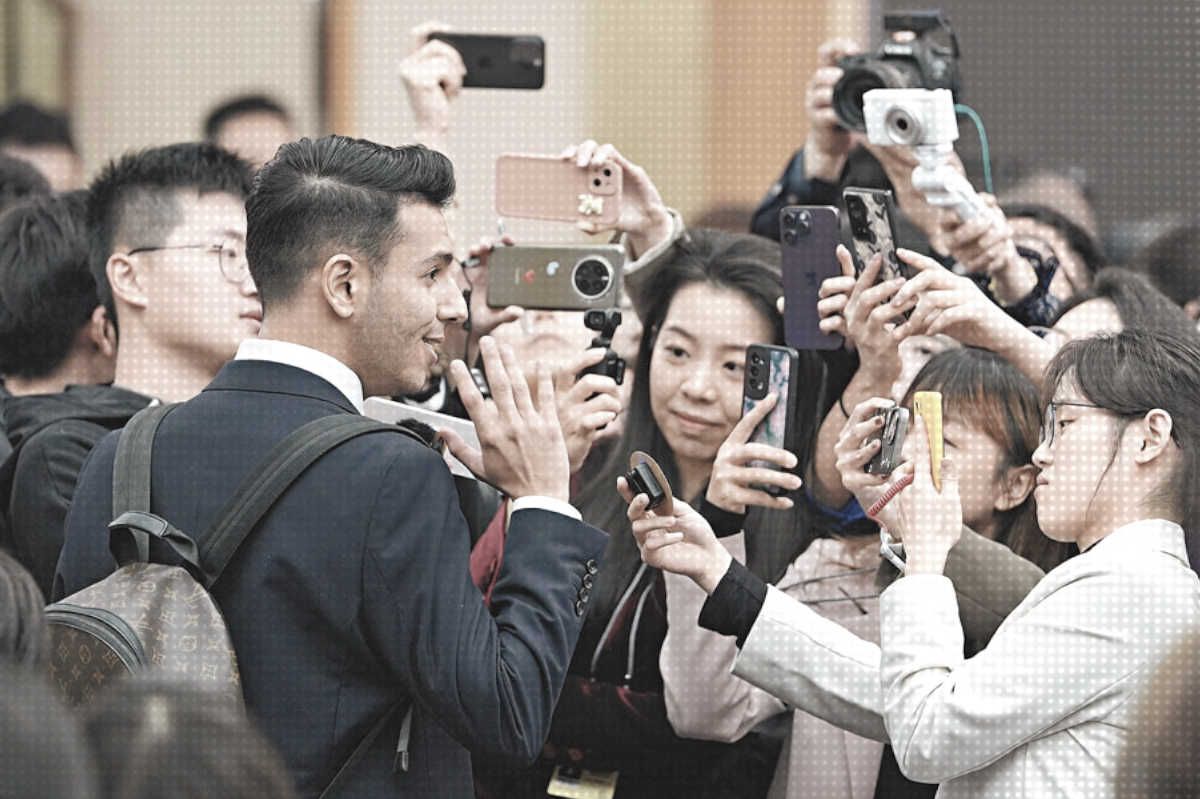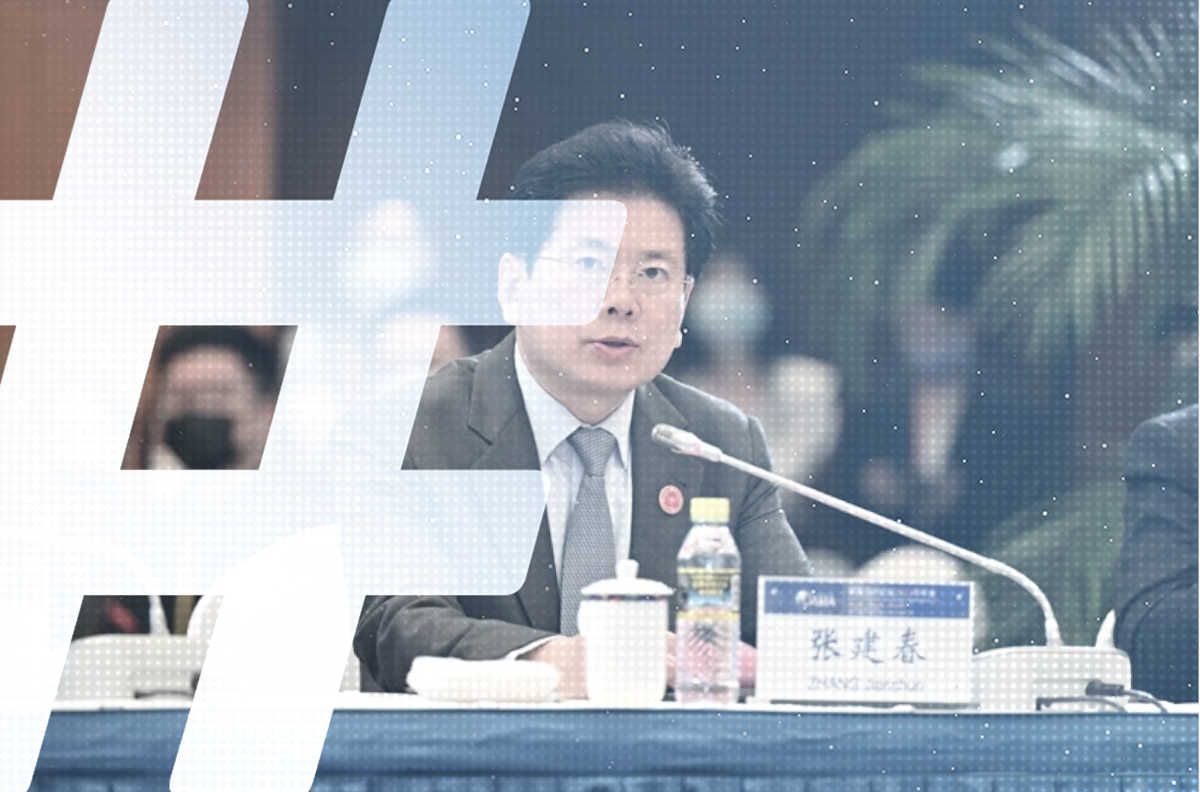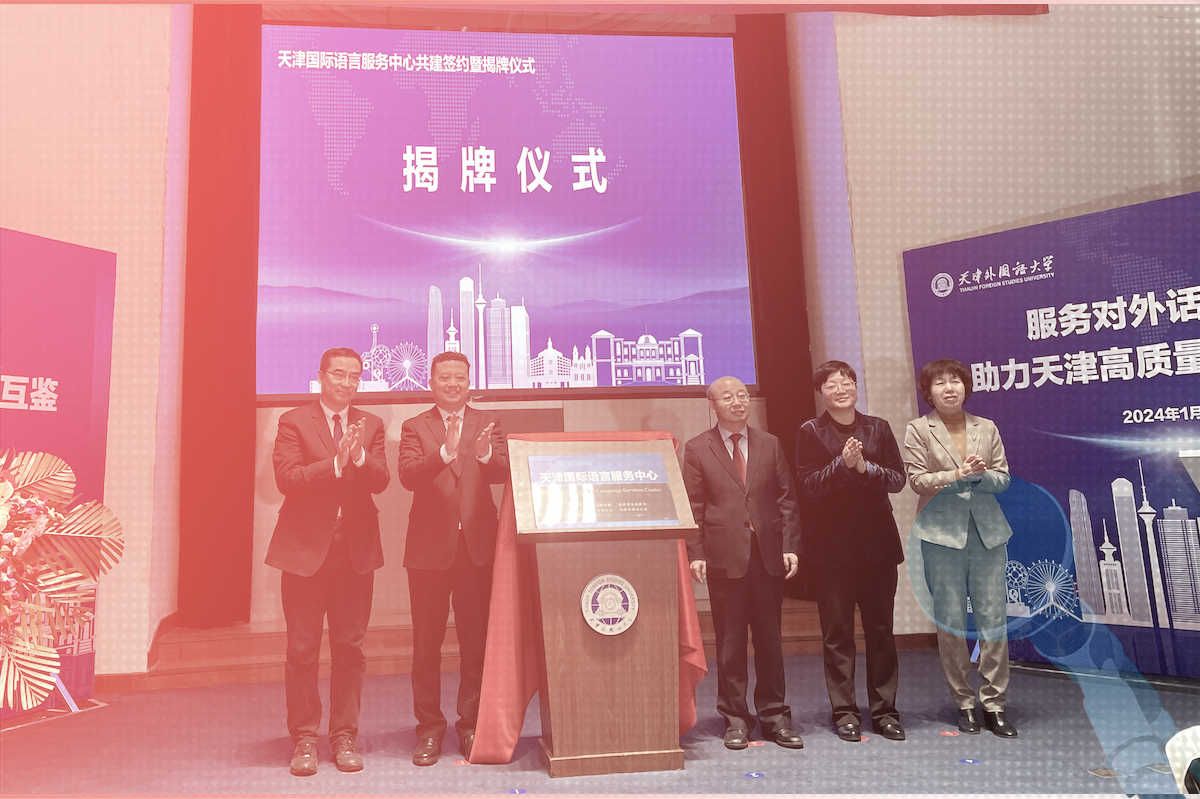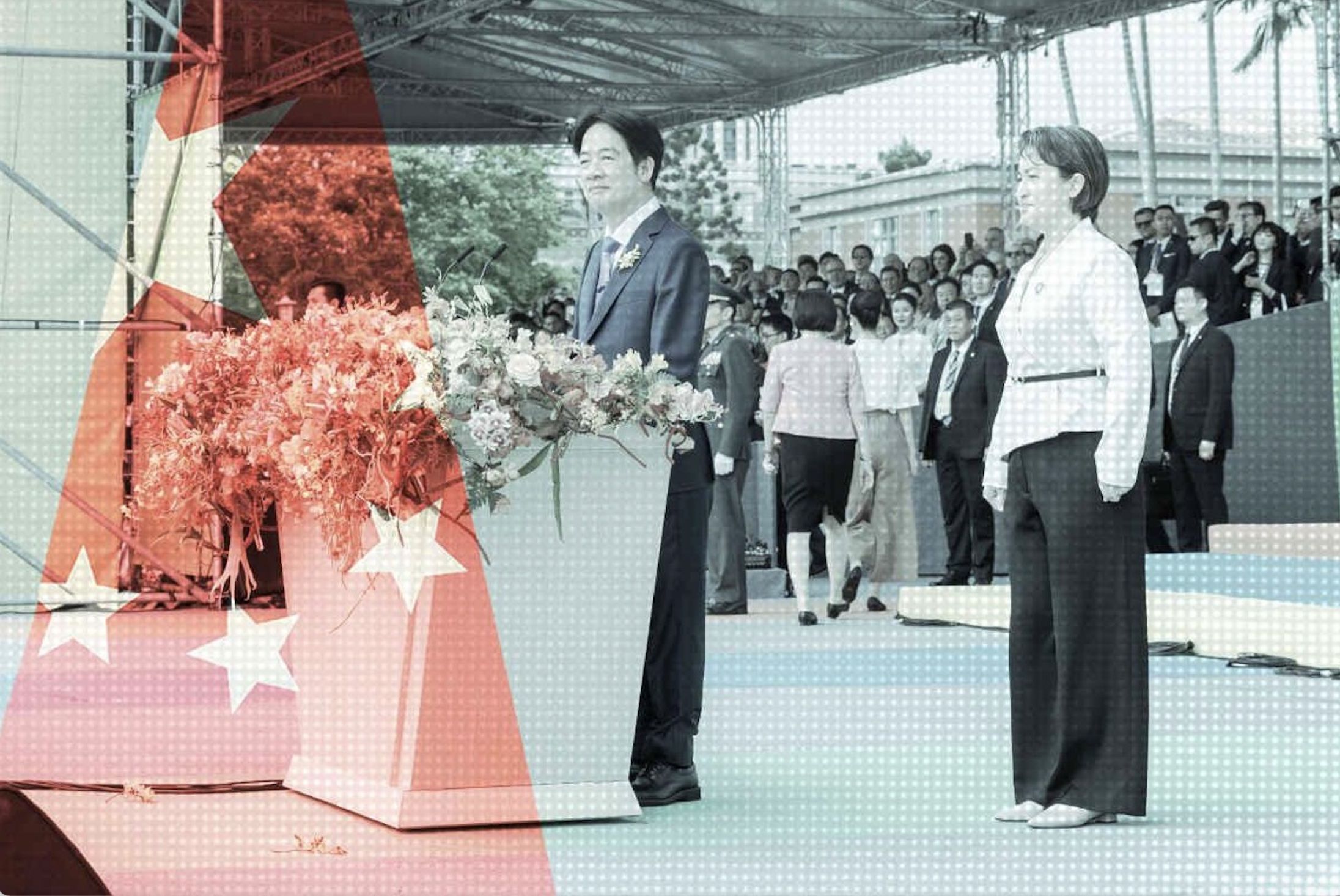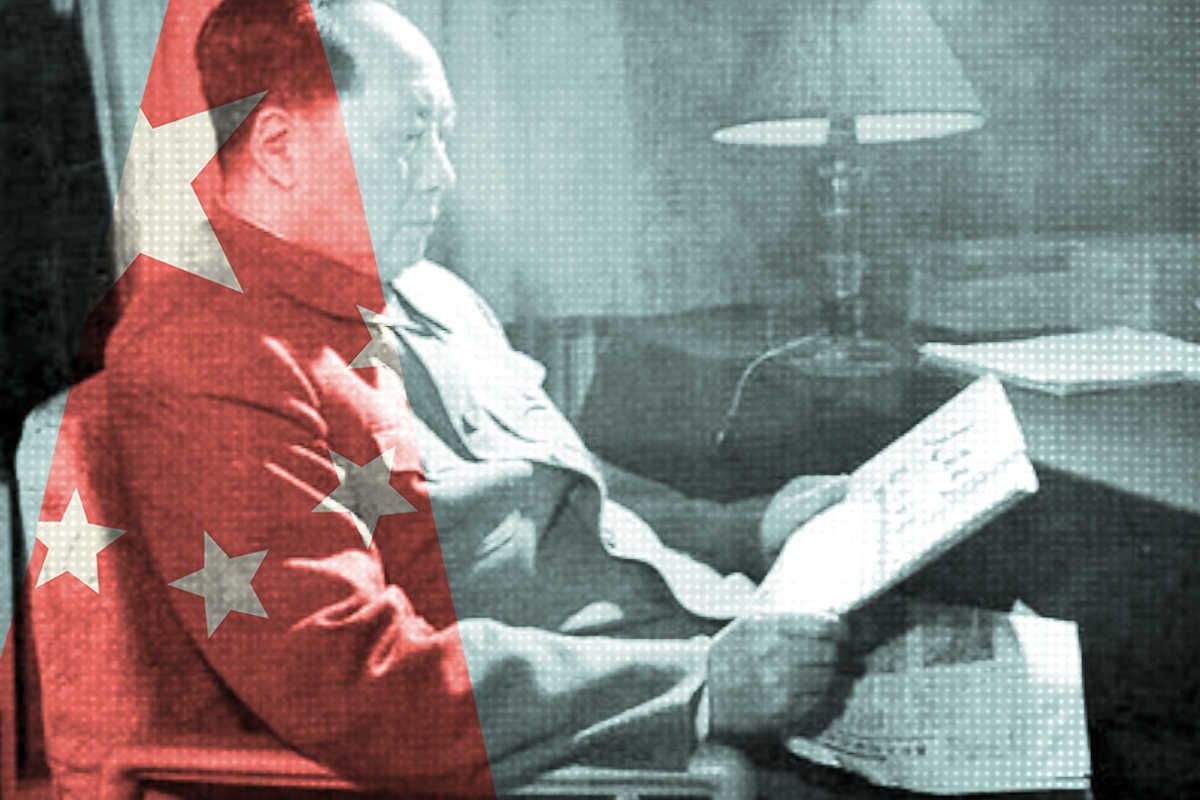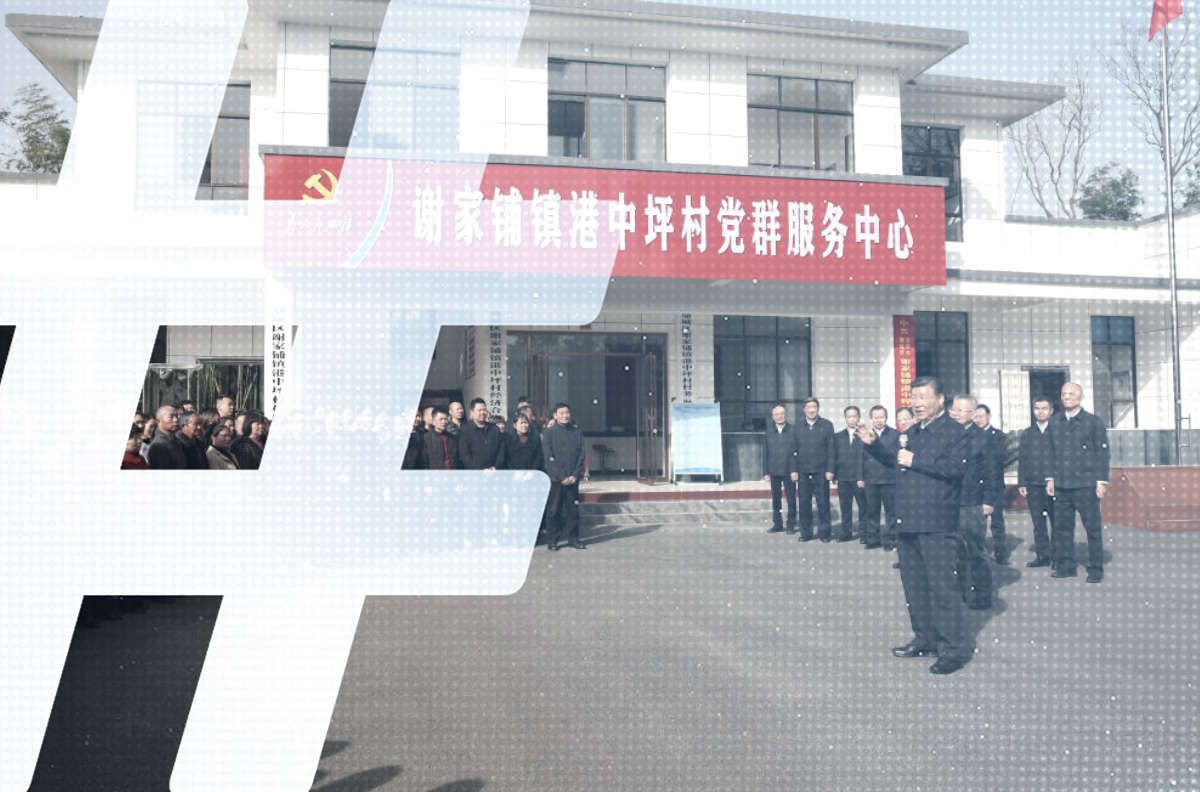Tracking Control
Law Education Plan Stresses Xi Thought
China’s Supreme People’s Court in Beijing. Image by ONUnicorn available at Wikimedia Commons under CC license.
In a notice released yesterday and reported by state media across social media channels, China’s Ministry of Education announced a new five-year plan to promote “rule of law” (法治) throughout the education system for teenagers, or qingshaonian (青少年). The notice follows a spate of actions in recent months focusing on China’s youth and maintaining political and ideological security, including bans on online gaming, a crackdown on “fandom culture,” and even actions against the popular trend of “script murder” games.
While the notice states that the plan’s purpose is to “continuously improve rule of law literacy in the education system,” key sections of the document stress adherence to the leadership of Xi Jinping and to the public opinion objectives of the Chinese Communist Party.
Item 1 of the “General Requirements” (总体要求) section of the “Notice” names Xi Jinping’s “banner term” (旗帜语), “Xi Jinping Thought on Socialism with Chinese Characteristics for a New Era” (习近平新时代中国特色社会主义思想), as the guide for action, and follows by emphasizing the “implementation” of “Xi Jinping Thought on Rule of Law” (习近平法治思想), a shortened form of Xi’s banner term as applied to the realm of law.
Immediately after comes a reference to the so-called “442 Formula,” which is now used to signal loyalty to Xi Jinping and his leadership of the CCP. The formula includes the “Four Consciousnesses” (四个意识), the “Four Confidences” (四个自信) and the “Two Safeguards” (两个维护).
Item 2 of the “General Requirements,” dealing with working principles, emphasizes the goal of maintaining control of the thoughts and ideas of China’s youth through “rule of law education.” The text begins: “[All must] adhere to the Party’s comprehensive leadership, earnestly implement the work arrangements of the Central Committee and the State Council on strengthening rule of law propaganda and education, and must throughout maintain a correct political orientation and public opinion guidance.”
The phrase “public opinion guidance,” or yulun daoxiang (舆论导向), is a primary term used since June 1989 to refer to the need for controls over media and ideas more broadly in order to maintain social and political stability and the leadership of the CCP.





